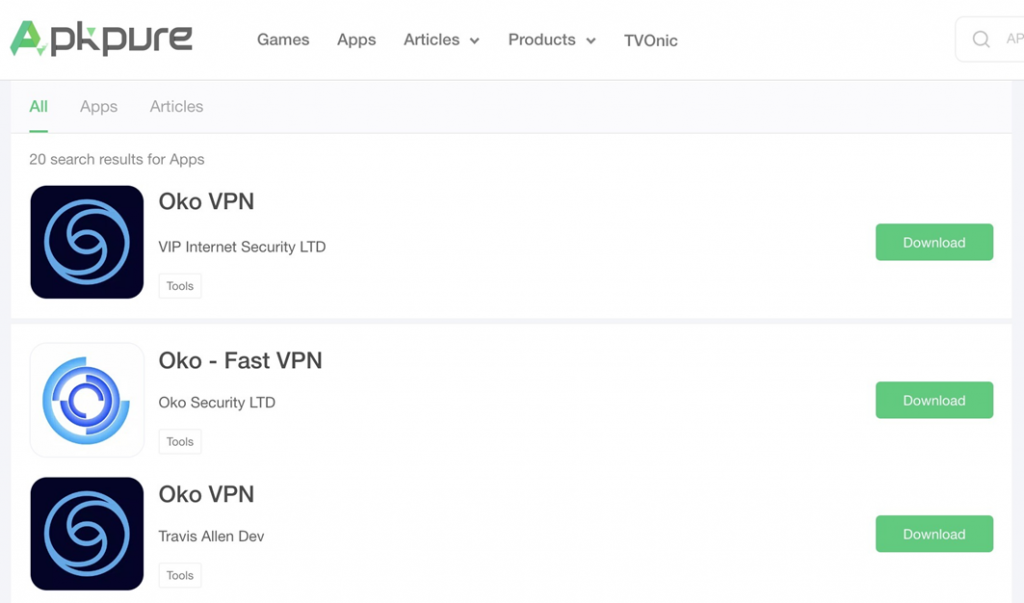Carding Forum
Professional
- Messages
- 2,788
- Reaction score
- 1,231
- Points
- 113
How freebie lovers unwittingly become complicit in cyber attacks.
Many users are wondering: "Why pay for a VPN when there are free options?" However, are free VPNs really completely free? According to a recent report by Kaspersky Lab, the reality is that free services often hide traps, and in this case, this was clearly demonstrated by several major incidents.
So, in May 2024, the FBI, together with law enforcement agencies, exposed the 911 S5 botnet, covering 19 million unique IP addresses in more than 190 countries. The creators of this botnet used several free VPN services, such as MaskVPN, DewVPN, PaladinVPN, ProxyGate, ShieldVPN, and ShineVPN. Users who installed these apps unwittingly turned their devices into proxy servers for transmitting other people's traffic.
These proxy servers were used by cybercriminals for various illegal activities, such as cyber attacks, money laundering and mass fraud. Thus, users of free VPNs became complicit in digital crimes, because their devices were used without their knowledge.
The 911 S5 botnet started operating in May 2014, and the free VPN applications on which it was built have been circulating on the network since 2011. In 2022, law enforcement officers temporarily closed the botnet, but it quickly revived under a new name — CloudRouter.
Finally, in May 2024, the FBI managed not only to expose the botnet's infrastructure, but also to detain its organizers. During its operation, the botnet brought its creators almost $ 100 million, and the damage to victims even amounted to several billion.
Such cases are not limited to the 911 S5 botnet. In March 2024, a similar scheme was revealed, involving several dozen apps published on Google Play, including many free VPNs. Among them: Lite VPN, Byte Blade VPN, BlazeStride, FastFly VPN and others. These apps also turned users devices into proxy servers for transmitting other people's traffic.
Currently, the above VPN apps are not available on Google Play, but they continue to be distributed in other places, such as the alternative app store APKPure. These apps may appear under different names and developers, making them difficult to detect and remove.

Infected VPN client hosted on APKPure
Cases of infection of VPN applications show that free services can carry hidden risks. If you need a VPN to protect your connection, but don't want to pay for the service, you should consider using proven free versions from large reliable companies. They provide security, although they may have restrictions on the amount of traffic or other parameters.
However, the best option is always to buy a paid subscription to a good and high-quality VPN. Paid VPN services often provide high speed, reliable protection, and additional security features. Subscribing to a paid VPN avoids many of the risks associated with free services and provides the best level of protection and privacy.
Source
Many users are wondering: "Why pay for a VPN when there are free options?" However, are free VPNs really completely free? According to a recent report by Kaspersky Lab, the reality is that free services often hide traps, and in this case, this was clearly demonstrated by several major incidents.
So, in May 2024, the FBI, together with law enforcement agencies, exposed the 911 S5 botnet, covering 19 million unique IP addresses in more than 190 countries. The creators of this botnet used several free VPN services, such as MaskVPN, DewVPN, PaladinVPN, ProxyGate, ShieldVPN, and ShineVPN. Users who installed these apps unwittingly turned their devices into proxy servers for transmitting other people's traffic.
These proxy servers were used by cybercriminals for various illegal activities, such as cyber attacks, money laundering and mass fraud. Thus, users of free VPNs became complicit in digital crimes, because their devices were used without their knowledge.
The 911 S5 botnet started operating in May 2014, and the free VPN applications on which it was built have been circulating on the network since 2011. In 2022, law enforcement officers temporarily closed the botnet, but it quickly revived under a new name — CloudRouter.
Finally, in May 2024, the FBI managed not only to expose the botnet's infrastructure, but also to detain its organizers. During its operation, the botnet brought its creators almost $ 100 million, and the damage to victims even amounted to several billion.
Such cases are not limited to the 911 S5 botnet. In March 2024, a similar scheme was revealed, involving several dozen apps published on Google Play, including many free VPNs. Among them: Lite VPN, Byte Blade VPN, BlazeStride, FastFly VPN and others. These apps also turned users devices into proxy servers for transmitting other people's traffic.
Currently, the above VPN apps are not available on Google Play, but they continue to be distributed in other places, such as the alternative app store APKPure. These apps may appear under different names and developers, making them difficult to detect and remove.

Infected VPN client hosted on APKPure
Cases of infection of VPN applications show that free services can carry hidden risks. If you need a VPN to protect your connection, but don't want to pay for the service, you should consider using proven free versions from large reliable companies. They provide security, although they may have restrictions on the amount of traffic or other parameters.
However, the best option is always to buy a paid subscription to a good and high-quality VPN. Paid VPN services often provide high speed, reliable protection, and additional security features. Subscribing to a paid VPN avoids many of the risks associated with free services and provides the best level of protection and privacy.
Source
